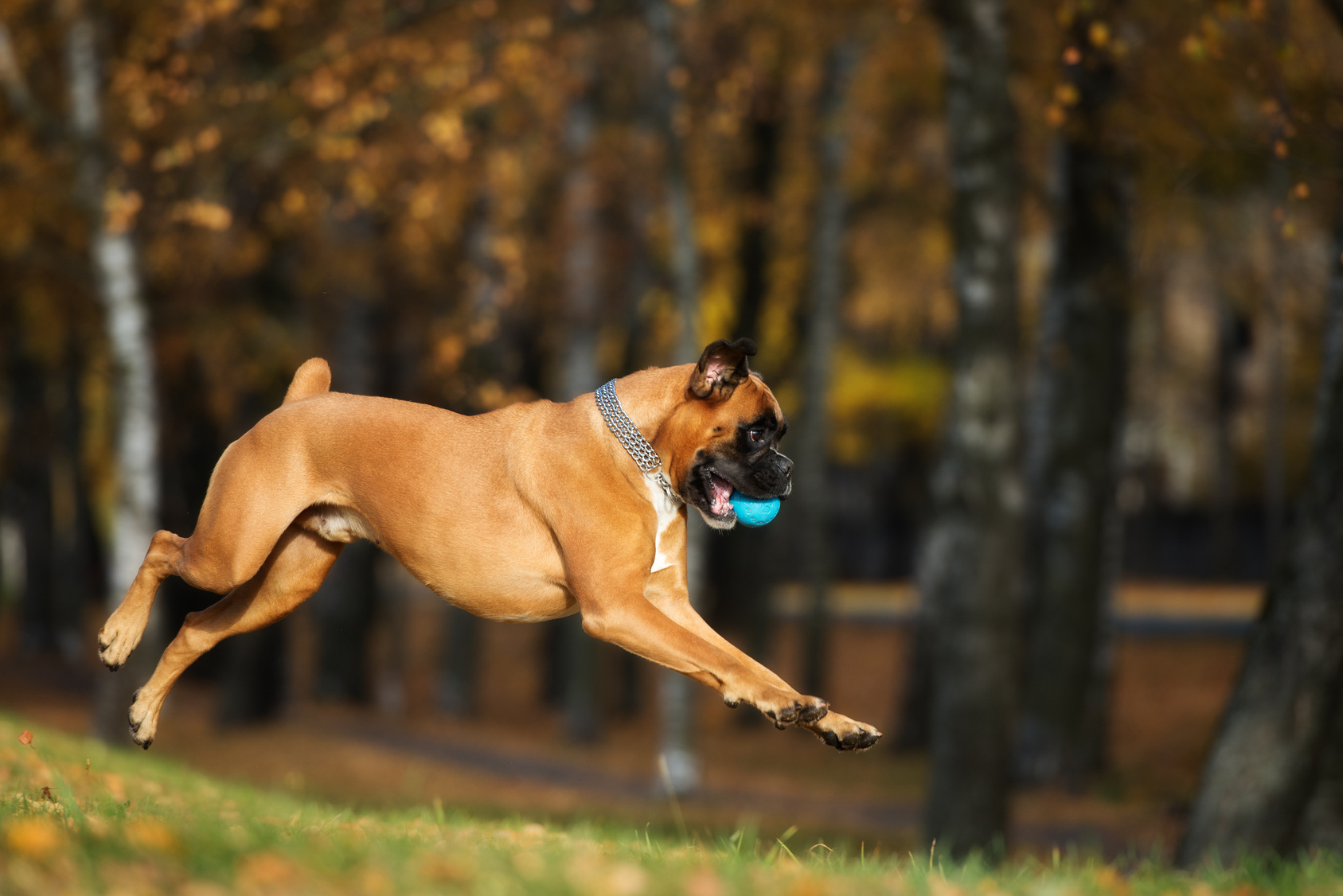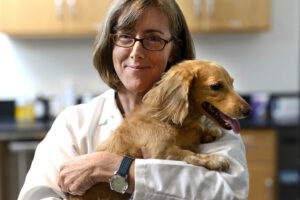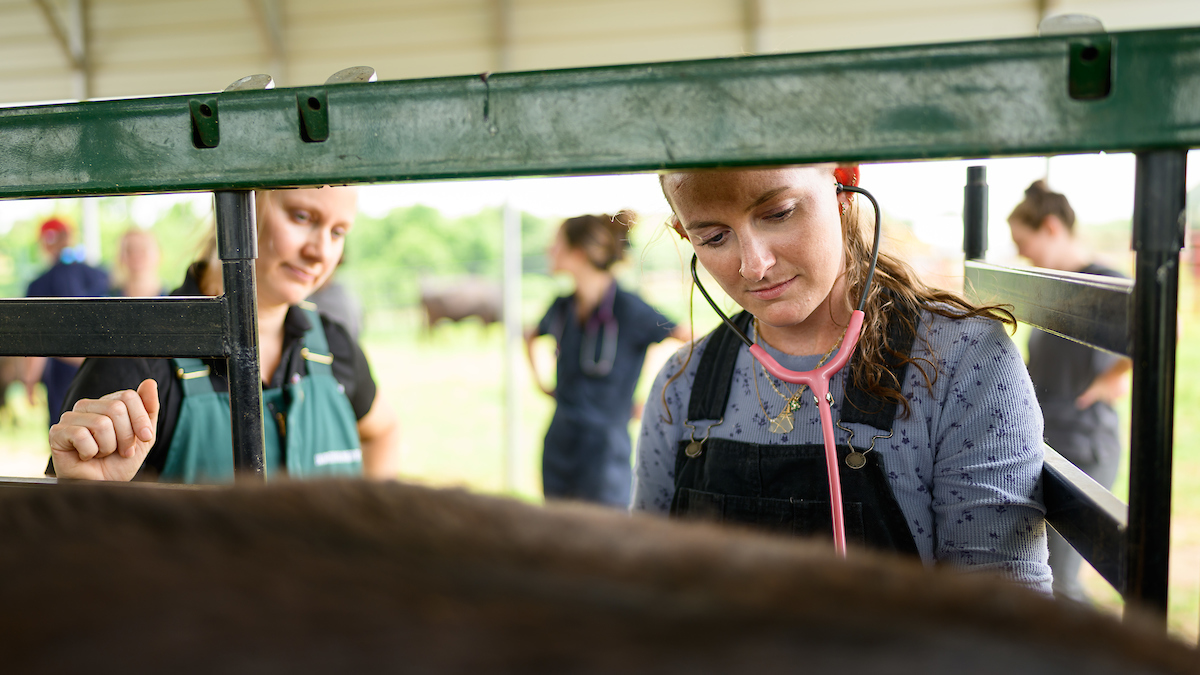New CVM Canine Health Studies Receive Morris Animal Foundation Funding

Two innovative canine health studies at the NC State College of Veterinary Medicine have been awarded funding by the Morris Animal Foundation.
The organization announced Tuesday that it’s supporting a CVM project that’s developing a test that quickly gauges the severity and prognosis of central nervous system injuries in dogs. The two-year study is helmed by neurology and neurosurgery professor Natasha Olby, the Dr. Kady M. Gjessing and Rahna M. Davidson Distinguished Chair in Gerontology.

Neurological emergencies, such as strokes and spinal cord injuries, are common in dogs, but accurately pinpointing the severity of cases is challenging. Olby’s study will design a way to rapidly measure central nervous system structural proteins following injury. Such protein levels can be used to measure injury severity and predict recovery, but current tests to measure them are expensive and time-consuming.
Olby’s groundbreaking research on canine paralysis and loss of mobility has regularly received Morris Animal Foundation funding.
A one-year study to identify optimal anesthesia drugs for intracranial disease from assistant professor Erin Keenihan is also receiving Morris Animal Foundation funding. Keenihan’s research will compare the effects of three general anesthetic agents to find most effective options for dogs undergoing treatment for intracranial disease and injury, including brain tumors.
The CVM studies are among 16 canine and feline research projects at nine universities across the country receiving the new funding from the Denver-based nonprofit, which has supported animal health research for over 70 years.
Last month, Megan Burke, assistant clinical professor of equine emergency medicine, was awarded a grant from the organization for a one-year project assessing antibiotic use following equine colic surgery.


